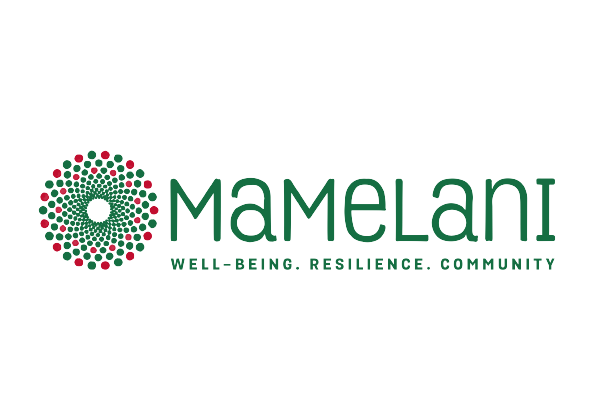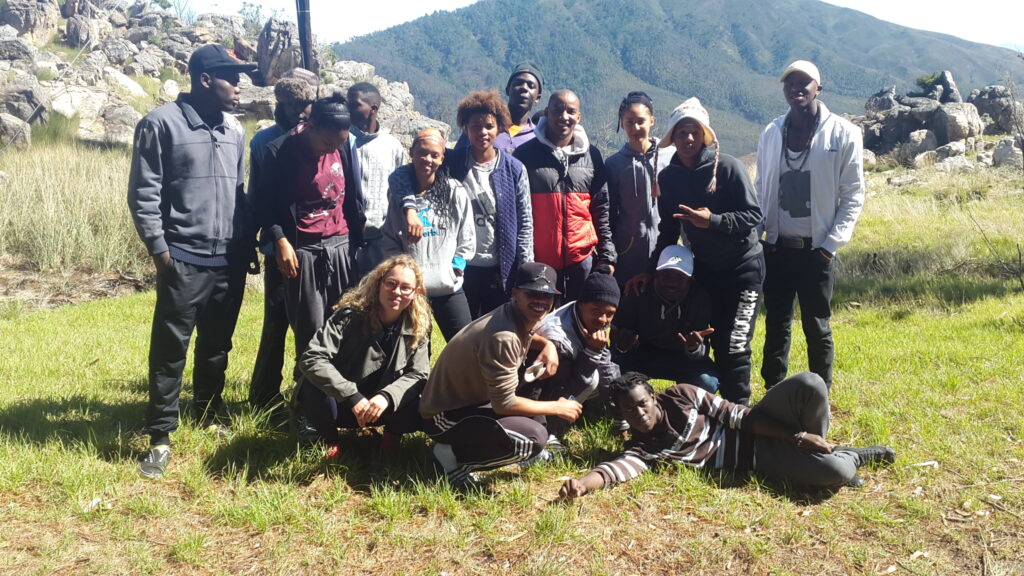Youth Programme
This quarter started off on a high note. We have been so inspired by the young people we are working with! We are also excited to be getting started with the next round of the Capacity Building Process. We are continuing to work with the 5 Child and Youth Care Centres (CYCCs) that we were working with last year – providing a collective learning spaces for the staff from these centres. We are excited to be starting our learning journey with a further 4 CYCCs as well as extending our reach to work with a new partner, Home from Home who work with children in cluster foster care. The community we are building around young people as they transition from care is growing!
ProSEED Youth Programme
Over the last few months our facilitators have spent time providing learning opportunities and building relationships with the youth in the programme. This year already five group sessions have been facilitated for the three different groups of young people that we are working with. The group sessions have helped the young people experience a sense of belonging – realising that they are not alone in the world and that there are other young people with very similar challenges to their own. The sessions have helped to build skills, reflect on their journey, build a sense of belonging and also help the young people step into uncertain spaces, highlighting their strengths and talents.
Child and youth care workers and social workers report that young people have become better at communicating their needs and taking responsibility for achieving their goals. It is evident that the young people’s relationship towards change is shifting and they are seeking more help instead of avoiding dealing with things as they change. They are generally more comfortable with risk – this is largely due to experiences that value their ability to overcome and being allowed opportunities to make mistakes. The connections between group members are strengthening as shown by young people meeting outside of group settings and engaging more actively in group settings.
Over 70 one-on-one sessions have provided individualised support to the young people we are working with. The transition from the CYCC is often a difficult and scary process for the young people – but with the right support, they have been able to navigate through these changes. Young people have been made the transition into alternative or transitional housing and from school to college. Most exciting of all is how the young people who have left the CYCCs in the last year have come together to form an alumni and support to the youth who are preparing for these transitions. They have been playing the role of mentor to some of the young people – giving advice, sharing information and even tutoring some of the young people in preparation for their exams. It is very inspiring for us to see how the previous participants are using and sharing the skills and resources they acquired with those who come after them.
At the end of this quarter we will be bidding farewell to one of our youth groups who have come to the end of their journey with us. Our facilitators have been working intentionally to prepare for the young people’s exit in July 2016. The young people understand that it is time for them to move on. They seem confident about the next chapter of their lives and have spoken positively about all they have gained from their time with us!
“I think Mamelani has done what it can and now it is time for us to take that next step now – you guys have done your best and have given us a lot of skills and an understanding of how to face challenges…. we are stronger now and you know when we faced with those challenges we will remember what you guys always say which is – you can do it!”
CYCC Capacity Building Process
We have been providing on-going support to roughly 30 social workers and child and youth care workers from 5 CYCCS. This on-going support is aimed integrating the lessons and practices that to support youth in transition in their organisations.
The sessions that took place over the last two months were both meaningful and moving processes for the staff from the centres. In the sessions, we worked with what gives people a sense of their own personal power. The child and youth care workers were able to draw out a lot from the session in terms of stepping into uncomfortable situations and engaging with the reality that young people have lived in or are moving towards when they leave the centres. In one of the sessions, the group went to hear one of the care workers tell share her story of life in Hanover Park. The care worker who chose to share her story said she could see how doing a similar activity with a young person could be a powerful experience for them too! Working with the staff in this way helps them to explore how to facilitate similar processes with the young people.
Since the start of this year, we have also been working with the foster mothers and social workers from Home from Home, an organisation working with over 30 cluster foster homes. Together with their team, we have been exploring what it will take for their social workers, foster mothers and the organisation as a whole to develop an approach for working with youth in transition. We are curious to see how our approach might be adapted for working with youth who are making the transition from foster care.
Advocacy work
We are excited to have started the process of engaging more actively with the policy-making process so that the legislation relating to children in care can offer support at the time of transition. As part of our broader strategic goals, we tightened our shoe-laces and embarked on a new journey for us as an organisation. Part of this journey is to work at a policy level and engage more actively with the legislative process.
In effort to realise these goals, we have engaged with key organistions like the Children’s Institute and the Centre for Child Law in the discussions on the new Child Care and Protection Policy in Johannesburg in March. We had made an oral submission to the Standing Committee on Social Development in Parliament last year and have attended the briefings and deliberations of the committee with regard to the second amendments to the Children’s Act that have taken place in the last few months. We were hopeful as we witnessed that one of the changes we put forward was adopted – that young people who are completing learnerships and internships should be allowed to remain in their care placements until these activities are complete, so that they leave the Centres better prepared for the real world. Other recommendations that we made have been noted by the committee for consideration in the third round of amendments to the Children’s Act. We are aware that shifting policies is a slow process, and that this is the beginning of a longer journey.
Highlights!
In April a group of young people from the different groups we work with got together to face the “The Impi Challenge” – an endurance event that sees athletes run, swim, crawl through mud and navigate a treacherous obstacle course. No one was left behind and the young people felt proud that they made it through!
This was not the only way in which obstacles were overcome – we have witnessed the young people face a range of challenges and find their way through. 21 of the 23 young people have passed to their next grade and 9 young people have made it to Matric- the highest number of matriculants that we have had in the programme to date! Mamelani is also happy for Jean Claude whose real concern as a foreigner was not being able to study further or secure a job – but he has managed to rise against all odds – his tenacity was astounding! He would let nothing get in the way of getting his license and now getting a job as an Uber driver!
David said that it’s made a huge difference having Mamelani’s support helping him stay focused and motivated. He said: “When things were tough it’s like I heard your voices, and then I couldn’t run away because I remember you guys told us that things would be tough and that it would help build us…and now I can say I know what you guys were talking about. I’m so excited to be doing this law enforcement course – as you know it’s what I always wanted to do but it’s like I’m ready for the challenges.”




